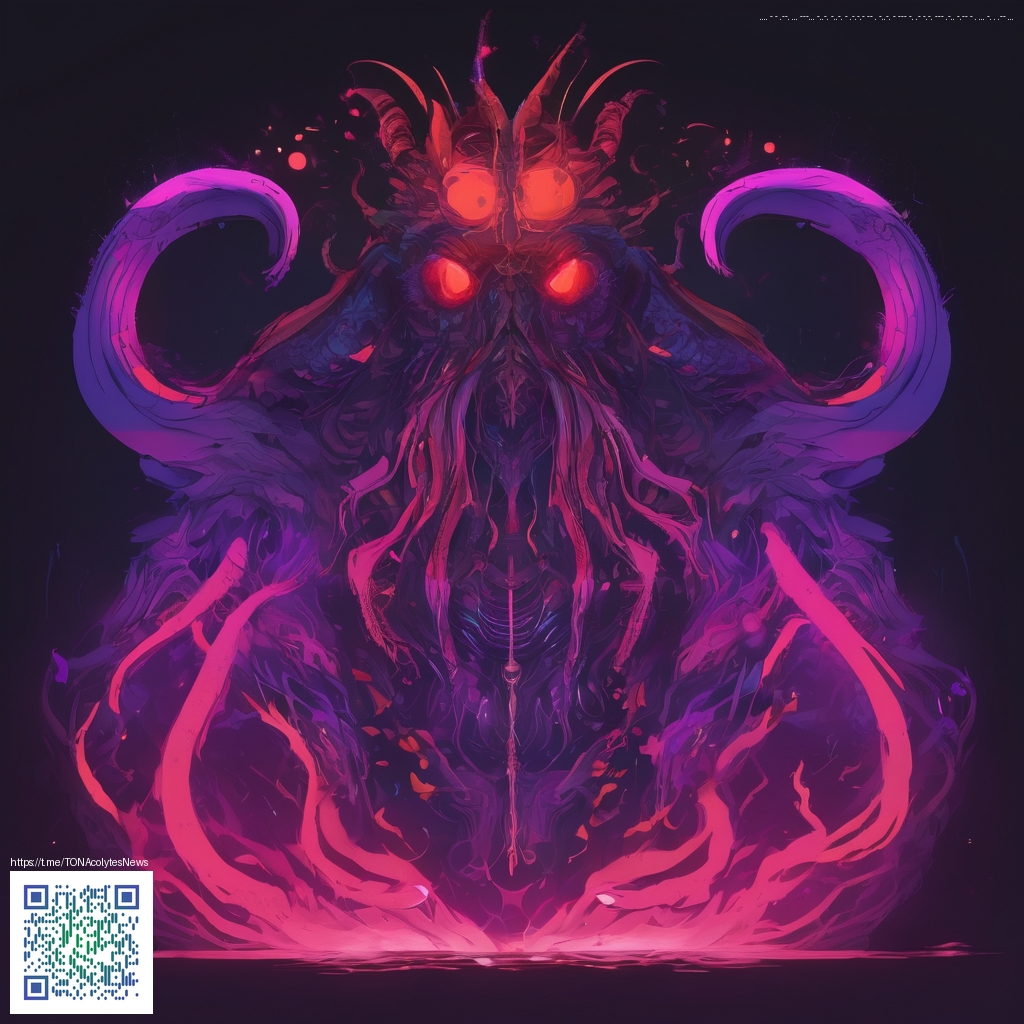
Parade of the Unburied
When the clock in the town square forgets to strike, the procession begins. At midnight the streets wake with quiet earth under tires, as if the road itself is exhaling.
From the cemetery flank, ranks of wooden coffins roll forward on weathered wheels, not with the creak of rust but with a sigh of soil and damp velvet. The pallbearers are a chorus of silence, their faces pale as the moon and their eyes trained on somewhere beyond the last lamp. They walk as if the ground remembers them, carrying bouquets that shiver with a cold light.
“We do not finish where our names begin,” the town elder whispers, though none of the words leave his lips. “We simply wait for the finish to forget us.”
I stand at the edge of the curb, a witness with a ticket to a show that never ends. The air tastes of rain and old roses, and the bells in the church tower toll in a rhythm that feels like a heartbeat: slow, inevitable, inexorable. A line forms not for mourning but for memory, as if every fate that ever arrived here is invited to walk again, to adjust their grave clothes and remind the living of what they owe to the dead.
- The coffin wheels skim the cobbles like a sigh, and the street lamps throw halos that blur at the edge of sight.
- The living carry not only flowers but the names of the departed, whispered aloud so the parade can hear them too.
- A child’s laughter slips from the crowd, transfigured into a near-whisper of fear, a hint that some of the unburied remember more than they’re supposed to.
In the middle march a figure who does not belong to the ceremony—the conductor with a baton carved from dried oak. His steps keep time with the procession even as his eyes search the crowd, selecting a face here, a memory there. When he passes, the air grows heavier, as though the night itself has chosen a candidate for reunion. The first coffin trembles, a lid whispering ajar, and a hand appears, pale as frost, pressing against the wood as if asking to be let free.
“Do not wait for us to vanish,” the voice inside the coffin seems to say, though no mouth belongs to it. “Walk with us, or we will walk through you.”
By dawn the parade dissolves back into the earth from which it rose, leaving a silence that feels newly carved into the town’s skin. I do not know if I slept or watched the world unthread itself and re-knit again in night’s cold hands. But I know the road will return, and with it the unburied marchers who refuse to forget—and who, for a breath, remember us all.